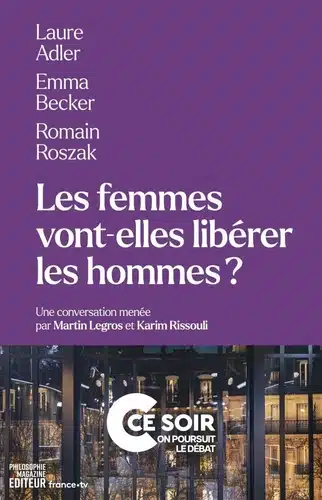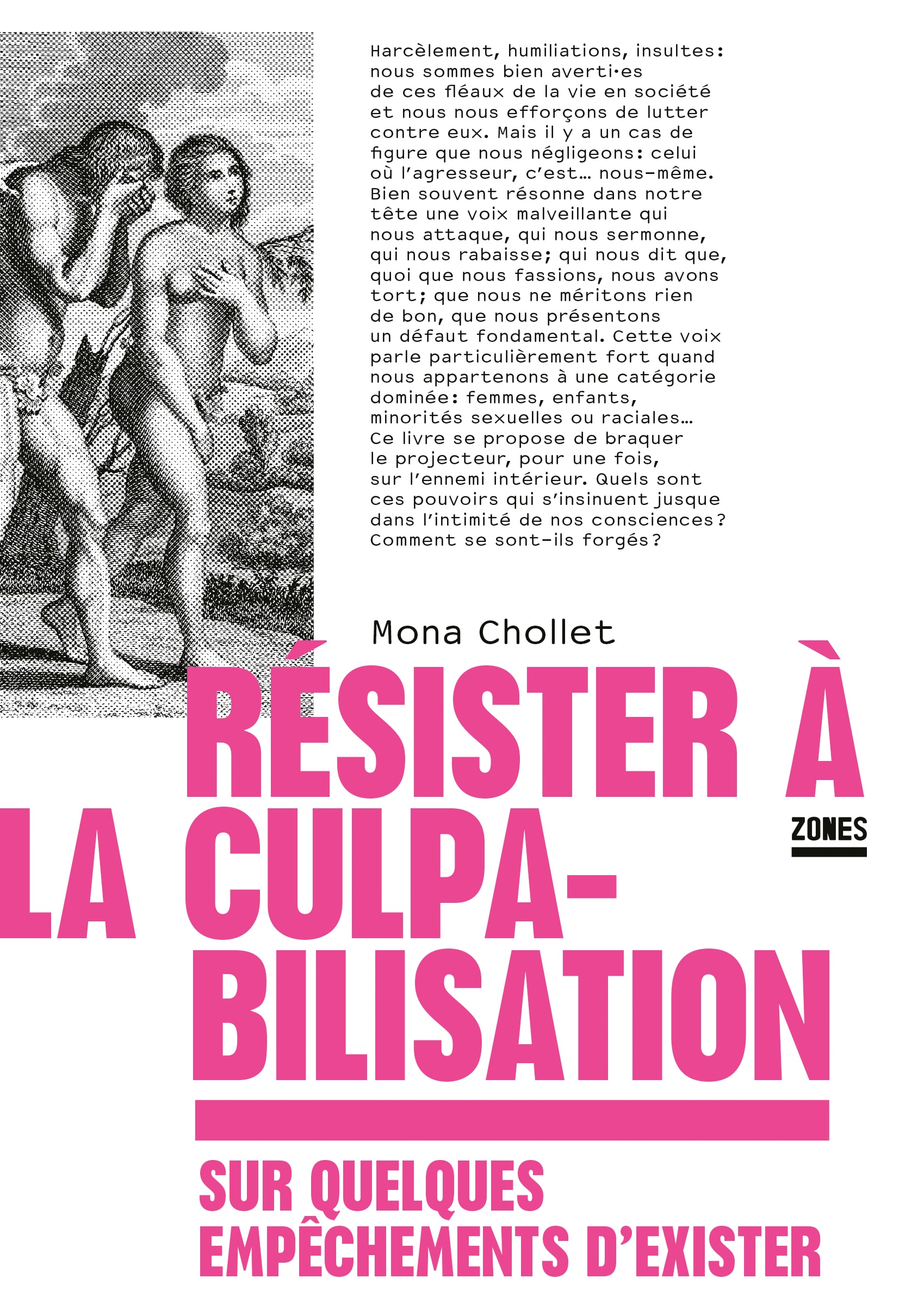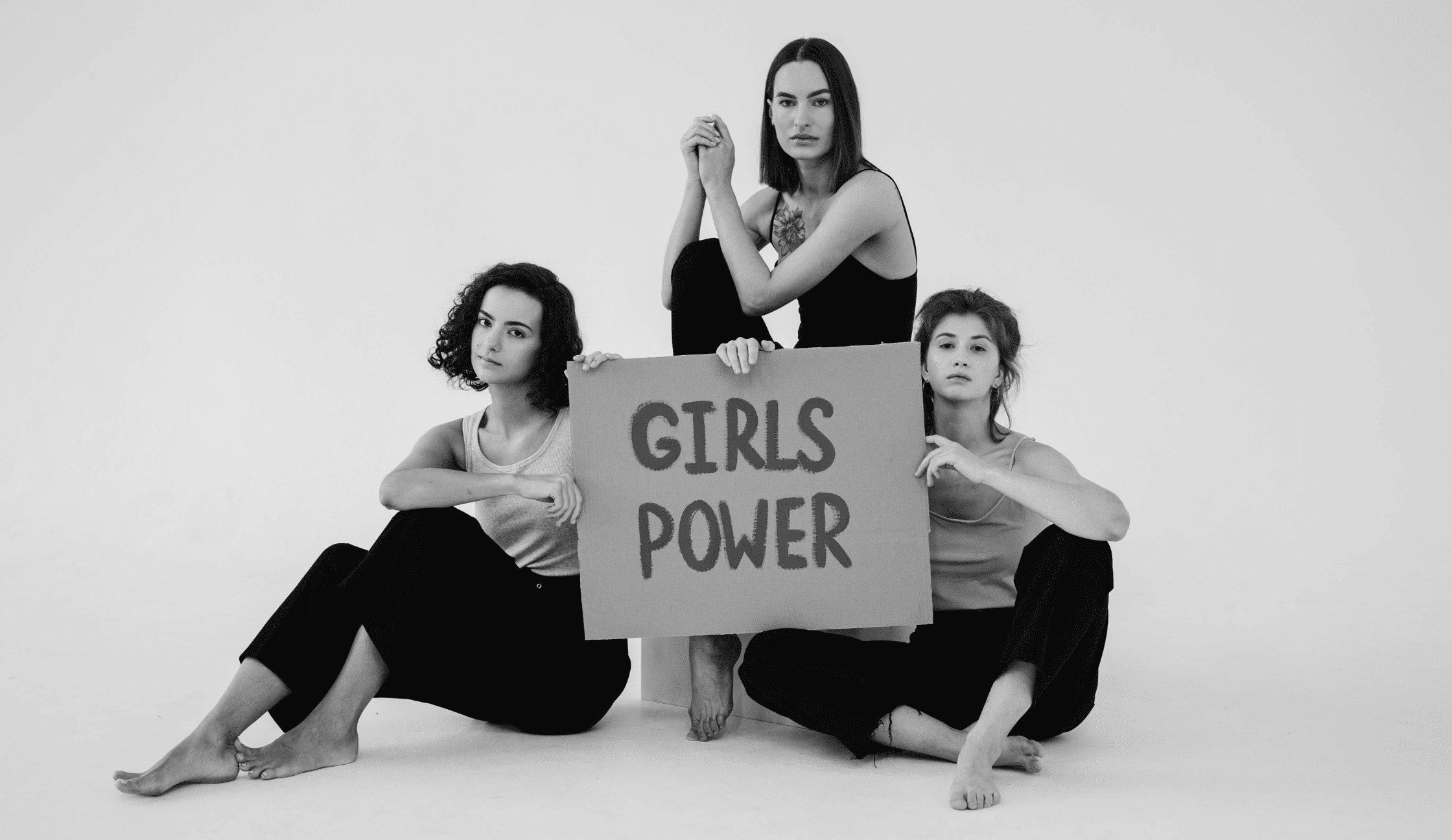From justice to history, from pleasure to power, a new generation of feminist thinkers and activists upset the dominant stories. Through their works, their struggles and their singular voices, they widen our gaze on what it means to be a woman in the 21st century. Panorama committed and inspiring with contemporary feminism.
Do women’s justice
For several years, justice has been at the heart of feminist claims. For a long time, it was a deaf space for violence suffered by women. It is in this context that Anne Bouillon, a committed criminal lawyer, makes these suffocated voices heard. In Women’s businessit is not content to relate emblematic cases: on the contrary, it dismantles the systemic logics of justice still deeply marked by gender.

This manifesto meets legal expertise, personal account and political denunciation, in order to promote a radical transformation of the judicial system. In this, it is fully part of contemporary feminism, which requires not only the recognition of violence, but also institutions capable of responding with humanity and lucidity.
Rewrite the story of the struggles

If official history has long marginalized female figures, Ludivine Bantigny chooses to put them in the center. In We are nothing, let’s all be!the historian draws up a living and accessible cartography of feminist struggles, from the old regime to the present day. In addition, her approach is both rigorous and militant: she exhumes forgotten trajectories, unknown collectives, invisible popular impulses.
By restoring its place in this collective memory, it participates in a major company of contemporary feminism: reconnecting today’s fights to those of yesterday, and anchor the current claims in a long history of resistance.
Sorority: promise or illusion?

Today more than ever, the word sorority resonates in feminist mobilizations. However, this mobilizing concept deserves to be questioned. In Sorority: the pactLucile Peytavin, Aline Jalliet and Maryne Bruneau analyze internal tensions to feminism: between women of different backgrounds, between white and racialized, between generations too. Thus, far from the injunctions to an illusory unit, this trio of authors opens a necessary debate on the possibility of a really inclusive solidarity pact.
Their test is part of a constructive approach: to think of fractures, without giving up alliances. An approach deeply faithful to the critical requirements of contemporary feminism, which refuses simplifications.
A living memory of feminism

Through his career, Claude Servan-Schreiber gives flesh to feminist fights. Journalist, editorialist, privileged observer of social developments, she returns in A woman in her century over five decades of commitments. With a sensitive and committed writing, it mixes intimate memories and political observations. In other words, her gaze, nourished by meetings and analyzes, shows how fragile the achievements remain: right to abortion, parity, sexual freedom … by retracing these advances and their current threats, she reminds us that nothing is ever acquired.
As a result, his work acts as an embodied archive of contemporary feminism, nourished by flesh, emotions and convictions.
Masculinity in mutation: a necessary dialogue

In a society in transformation, masculinities are also in question. Will women free men? : The question asked by Laure Adler, Emma Becker and Romain Roszak is not lacking in provocation. But beyond the formula, hides a subtle reflection on the masculinity crisis. Gender roles are crumbling, expectations evolve, traditional landmarks vacillate. As such, this work questions how men can – and must – participate in the deconstruction of the patriarchy.
A dialogical and inclusive approach that joins the ambition of contemporary feminism: no longer thinking about the emancipation of women against men, but with them, in a common release project.
Female pleasure: an intimate revolution

Long ignored, female pleasure has been relegated to the margins of medical and social discourse. However, Marie Bonaparte, princess and psychoanalyst, led a discreet but essential fight. In Marie Bonaparte: the conquest of pleasureValérie Troisier does him justice. She describes a woman ahead of her time, who braved medical, social and psychoanalytic taboos to defend the idea that the female body deserved attention, understanding and freedom.
This portrait resonates with current fights for feminist and inclusive sex education, and is part of the great fresco of contemporary feminism.
Give voice to those we silenced

Over the centuries, women have been silenced. It is precisely against this amnesia that Laure Adler rises in Women’s voice. Author, editor, historian of ideas, she explores the silences imposed on women through history. It shows how powerful, transgressive, transforming feminine speech can be. Thus, it is by restoring this voice, by valuing its richness, its anger and its nuances, that one builds a fairer society.
This advocacy is part of the great texts of contemporary feminism, which make speech an act of reconquest.
Free yourself from internalized guilt

Mona Chollet closes this panorama with an essential angle: that of inner deconstruction. Known for her impactful tests, she continues her exploration of injunctions weighing on women in Resist guilty. On the one hand, it dismantles the insidious mechanisms that push women to apologize for being ambitious, independent, or simply themselves. On the other hand, it offers a structured analysis of this internalized guilt, and calls for a self -reappropriation, free and assumed.
His work is fully part of the sites opened by contemporary feminism: dismantling the invisible, to better rebuild.









